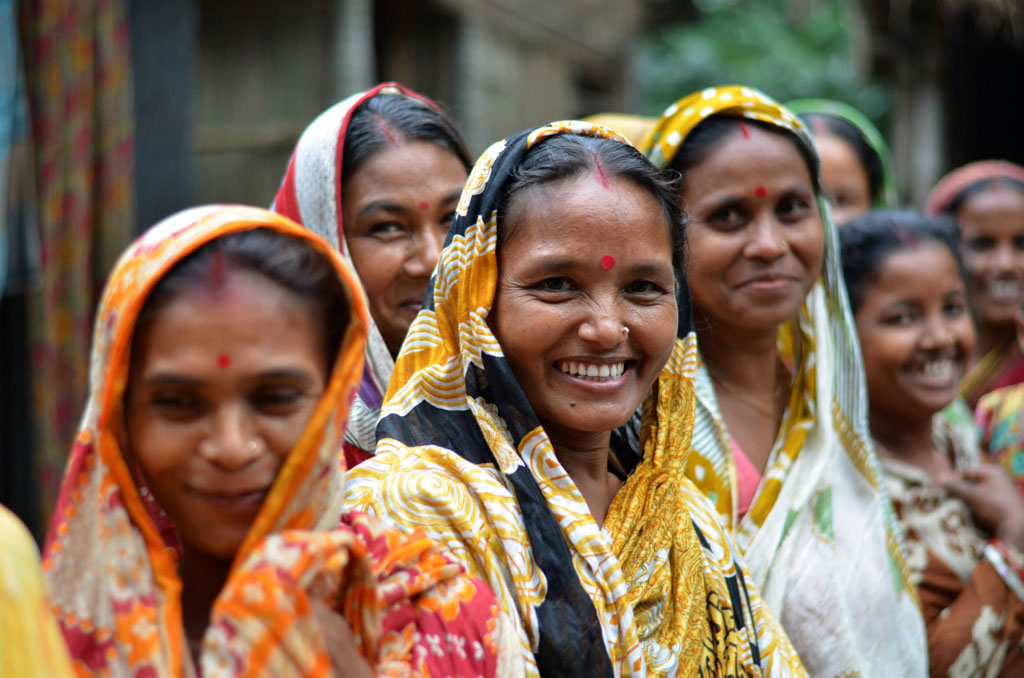Empowering Women for Climate Resilience in India
Current Affairs NationalPosted by newadmin on 2025-04-15 08:39:45 |
Share: Facebook | Twitter | Whatsapp | Linkedin Visits: 43

As India reflects on 30 years since the Beijing Declaration, the intersection of gender equality and climate change emerges as a critical issue. Despite significant progress, rural women remain among the most vulnerable to climate impacts, such as food insecurity, malnutrition, and heat exposure. These challenges deepen existing gender inequalities and demand urgent, inclusive action.
The Beijing Declaration, adopted in 1995 by 189 countries, laid out a comprehensive roadmap for gender equality. Legal reforms, better support services, and increased participation in peacebuilding have empowered women globally. In India, laws like the Protection of Women from Domestic Violence Act reflect this progress, though gaps in implementation persist.
Climate change compounds these issues. Women, especially in rural areas, often lack access to decision-making and resources. Yet, they are key players in climate adaptation through sustainable agriculture and informal collectives that build community resilience. Unfortunately, only 6% of climate policies consider women’s needs, with just 1% addressing those in poverty.
India urgently needs a gender-responsive National Action Plan on Climate Change. This should focus on disaster preparedness, livelihood diversification, and access to resilient technologies. Collaborative partnerships across sectors can foster innovation and empower women as climate leaders. Integrating gender into climate action is not just equitable—it is essential for a sustainable future.
Search
Categories
Recent News
- Telangana's Security Alert: Revanth Reddy's Swift Action Post-Operation Sindoor
- Telangana High Court Orders Police Decision on Higher Ed Protest
- Hyderabad's Snake Charmer: Drunk Driver's Bizarre Escape Attempt
- Bengaluru's Vacant Plots Face New Penalty System
- Hyderabad's Trailblazing Transgender Traffic Assistants
- Religious Defamation Allegations Lead to Student's Expulsion
- Supreme Court Raises Alarm Over Activist's Health in Custody
- Andre Beteille: A Life Dedicated to Sociology's Evolution
Popular News
- Navigating IPO Market Dynamics Amid Volatility and Regulatory Changes
- Massive Worldwide Microsoft Outage Disrupts Multiple Sectors
- Panjapur Bus Stand to Reshape TNSTC Routes
- తెలుగుదేశం పార్టీ - పేదరికాన్ని నిర్మూలించడంలో వాగ్దానం
- Universities Embrace Remote Learning Technologies Amidst Ongoing Pandemic